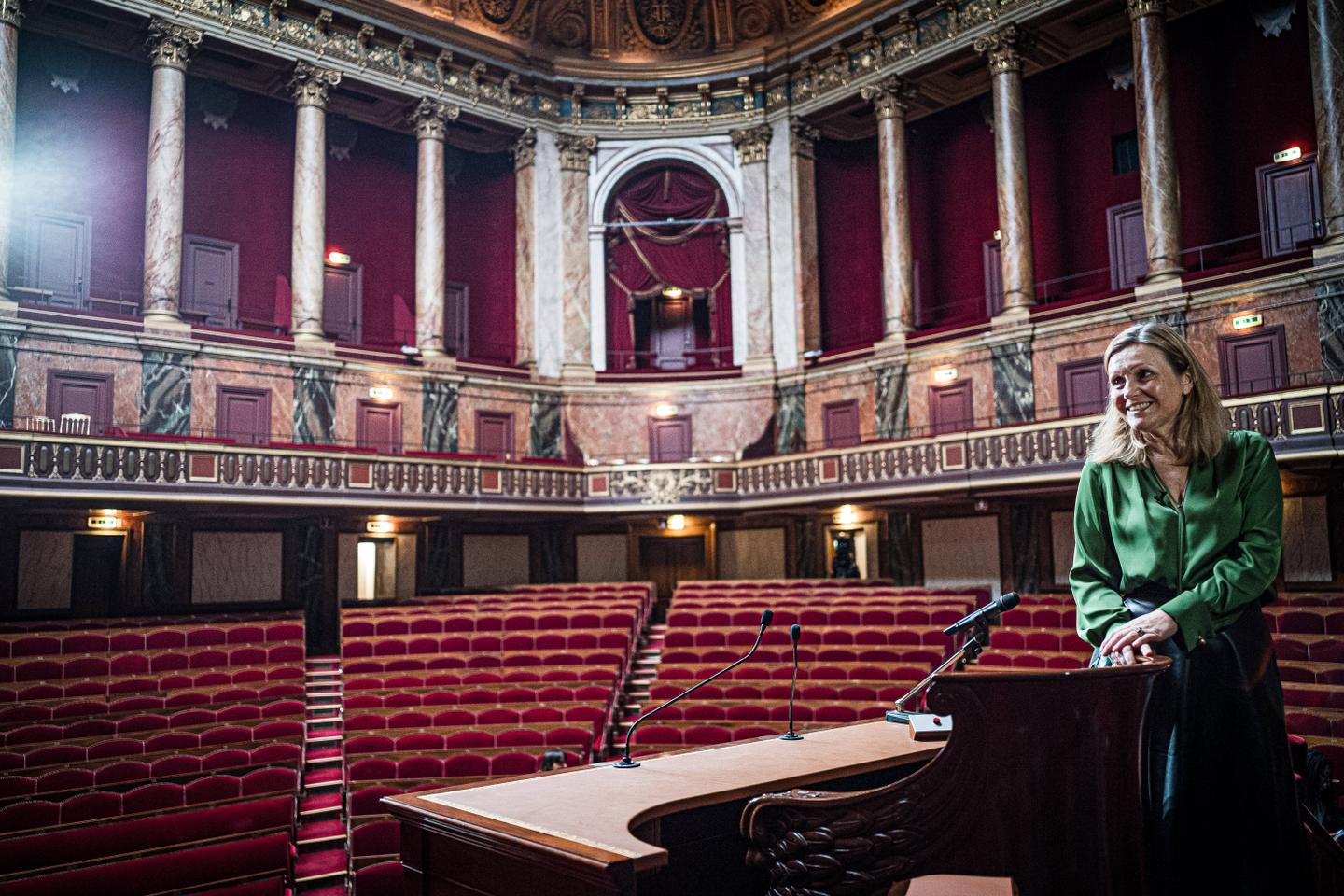


The joint session of both houses of Parliament convened in Versailles on Monday, March 4, to enshrine abortion in the French Constitution, marks an important moment in the life of the nation. And a proud moment, too. A few days before International Women's Rights Day on March 8, women's freedom to control their own bodies should be anchored in French law. It also comes at a time when abortion, once thought to be a widely accepted procedure, is being undermined in a number of democracies, most notably the United States.
With this first constitutional change of Emmanuel Macron's presidency, France becomes the first country to so explicitly guarantee such a freedom. It does so after managing to overcome the high levels of tension that have characterized the political landscape since the June 2022 presidential and legislative elections. The three-fifths majority required in Parliament means that a consensus has been reached, despite the fact that abortion still disgusts some on the right and far right. It's a sign that democracy works, despite the distress signals it is sending out.
At every stage of the lengthy procedure initiated in November 2022, the drafting of the Constitutional reform constantly required perseverance and tact. First in the Assemblée Nationale, where, in response to the shockwave caused in June 2022 by the US Supreme Court's decision to revoke the federal right to abortion, the radical-left La France Insoumise party and the center-right presidential majority agreed to work together on a common cause.
Then the fight continued in the Sénat, where, in loyalty to Simone Veil's 1975 battle to decriminalize abortion, a number of right-wing Les Républicains elected representatives fought hard to ensure that the debate, which they had reframed, could continue against the advice of their group's president, Bruno Retailleau, and Sénat President Gérard Larcher. Finally, in the government, Justice Minister Eric Dupond-Moretti facilitated the drafting and adoption of the final text. The compromise consists of enshrining the notion of "guaranteed freedom" for women to have access to abortion, without introducing an enforceable "right" to abortion as demanded by the left.
Access still a problem
According to a poll published at the end of 2022, 81% of French people are in favor of inscribing the right to abortion in the Constitution. This strong public support, combined with the vitality of the feminist movement, overcame the remaining resistance of the right-wing senators, who argued that there was no real threat to abortion in France. At the time of the debate, an infographic presented on the conservative TV channel CNews equating voluntary terminating a pregnancy to the "leading cause of death in the world", showed instead that nothing can be taken for granted. In response to the outcry, CNews apologized but did not dispel the unease.
As France's healthcare system is under great strain, access to abortion remains a practical problem in the country: a lack of information, practitioners and dedicated beds in some parts of the country mean that every year, women find themselves beyond the deadline for the procedure. Measures have been taken, such as allowing midwives to perform surgical abortions, but these remain insufficient. Beyond the strong symbolism that enshrining abortion in the Constitution represents, it is on the effectiveness of this "guaranteed freedom" that the fight must now focus.
